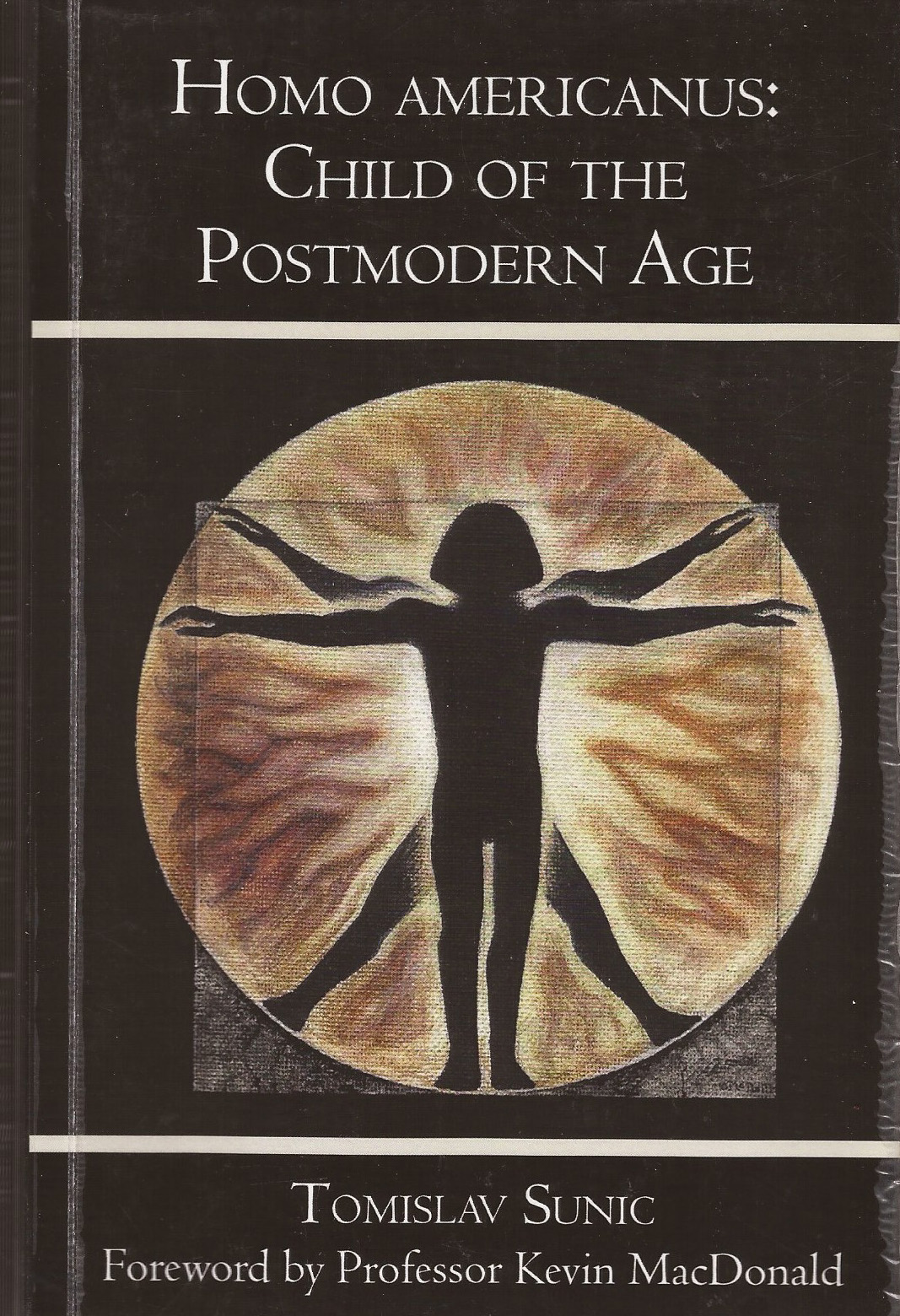My latest two posts dealt with Hadding Scott’s article about Dylann Roof. Today Tom Sunic took issue with the arguments of the commenters I reproduced in those posts:
Hadding is correct when stressing the importance of education in white awareness—white civility might be a better locution. This is a long and painful process. The Soviet commissars in the 70’s were far more afraid of the pen of the one single Solzhenitsyn than of millions of Bible- thumping anti-commie preachers in the USA. If Roof had had a foresight of the standard “who benefits?” question, he would have never done the killing. Unless he himself has either a very low IQ, or worse, a sizable portion of criminal chromosomes, which, to be sure one encounters among some wannabe EU and US Hollywood- Nazis and self-proclaimed White nationalists, whose actions discredit the plight of millions of other Whites.
Jack Frost responded first by quoting Sunic:
“The Soviet commissars in the 70’s were far more afraid of the pen of the one single Solzhenitsyn than of millions of Bible-thumping anti-commie preachers in the USA…”
This is the same Solzhenitsyn who said:
And how we burned in the camps later, thinking: What would things have been like if every Security operative, when he went out at night to make an arrest, had been uncertain whether he would return alive and had to say good-bye to his family?  Or if, during periods of mass arrests, as for example in Leningrad, when they arrested a quarter of the entire city, people had not simply sat there in their lairs, paling with terror at every bang of the downstairs door and at every step on the staircase, but had understood they had nothing left to lose and had boldly set up in the downstairs hall an ambush of half a dozen people with axes, hammers, pokers, or whatever else was at hand?… The Organs would very quickly have suffered a shortage of officers and transport and, notwithstanding all of Stalin’s thirst, the cursed machine would have ground to a halt! If…if… We didn’t love freedom enough. And even more—we had no awareness of the real situation… We purely and simply deserved everything that happened afterward.
Or if, during periods of mass arrests, as for example in Leningrad, when they arrested a quarter of the entire city, people had not simply sat there in their lairs, paling with terror at every bang of the downstairs door and at every step on the staircase, but had understood they had nothing left to lose and had boldly set up in the downstairs hall an ambush of half a dozen people with axes, hammers, pokers, or whatever else was at hand?… The Organs would very quickly have suffered a shortage of officers and transport and, notwithstanding all of Stalin’s thirst, the cursed machine would have ground to a halt! If…if… We didn’t love freedom enough. And even more—we had no awareness of the real situation… We purely and simply deserved everything that happened afterward.
“Education” or agitprop has its place, but in my view it’s primarily a recruitment tool. Without people willing to take action it’s useless. Eventually things come to a pass where action is required, and that’s where people like Roof and Mathews come in. I have to say that I think anyone who denigrates the actions of our street fighters or disavows them is deeply mistaken and acting in a disgraceful fashion. Withholding an endorsement is one thing, but actively attacking them and giving support to the oppressive system is really what’s foolish and counter-productive.
See also my comment below.

